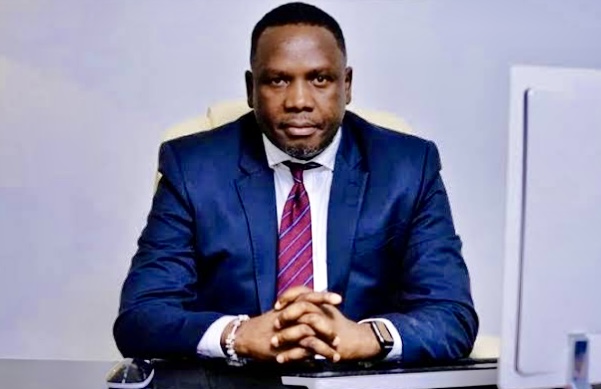Daniel Bwala, Special Adviser to President Bola Tinubu on Policy Communication, has described Lagos State as the nation’s economic powerhouse and a city that belongs to all Nigerians, rather than one region or ethnic group.
Speaking on Arise Television’s Daybreak programme, Bwala argued that the concentration of federal projects worth over N3.9 trillion in Lagos over the past two years should not be misinterpreted as bias. Instead, he framed it as strategic investment in the country’s commercial capital.
“Lagos is a cosmopolitan hub. It did not even vote for the President in the last election, yet it remains the country’s largest magnet for businesses and investments. From Dangote to other leading entrepreneurs, nearly every major investor in Nigeria has their base in Lagos,” Bwala noted.
Global Parallels
Drawing comparisons with global financial centres, Bwala highlighted how London, New York, and Paris attract disproportionate levels of infrastructure and investment within their respective countries. He insisted that Nigeria’s case is no different, as Lagos has long been the nerve centre for trade, finance, and innovation.
Lagos as a Shared Space
Reiterating his description of Lagos as a “no-man’s land,” Bwala stressed that the city transcends ethnic politics, pointing to its multicultural population and open economy. He maintained that investments in Lagos ripple across the country, generating jobs, revenue, and opportunities that benefit millions beyond the state.
An Ongoing Debate
His comments touch on a longstanding political fault line: the question of who truly owns Lagos. While the Awori people are often cited as its original settlers, other groups — including the Benin — also claim historical ties. In modern politics, the issue has resurfaced during elections, sometimes stoking ethnic tensions.
Movements such as the controversial #IgbomustGo campaign, which urged Igbo residents to leave Lagos, were widely condemned by Yoruba socio-political group Afenifere, the Lagos State Government, and Ohanaeze Ndigbo Worldwide as divisive and dangerous rhetoric.
Contextualising the Debate
Bwala’s position underscores the federal government’s argument that Lagos is more than a regional stronghold; it is Nigeria’s global business card. By reinforcing Lagos as a shared national asset, he suggested that the city’s prosperity is inseparable from the country’s overall economic growth.

